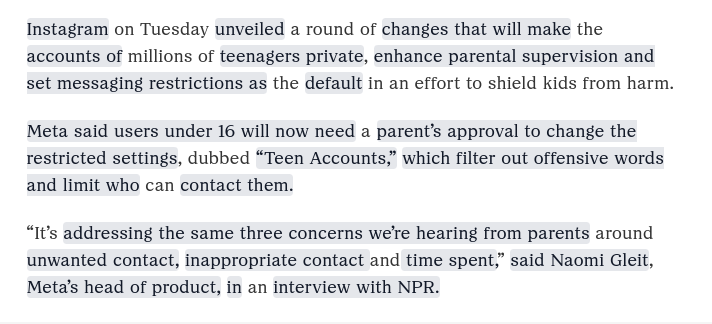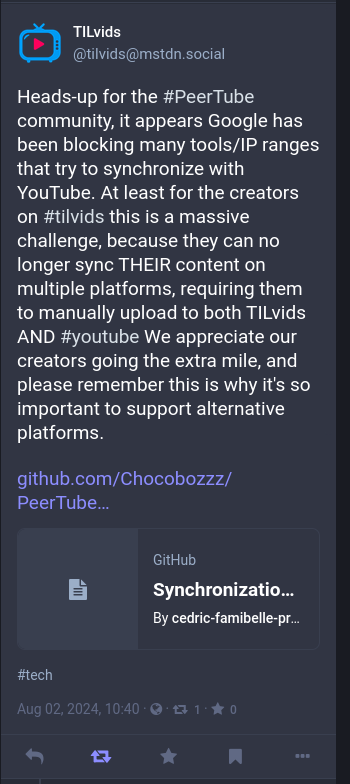Technology
58093 readers
5495 users here now
This is a most excellent place for technology news and articles.
Our Rules
- Follow the lemmy.world rules.
- Only tech related content.
- Be excellent to each another!
- Mod approved content bots can post up to 10 articles per day.
- Threads asking for personal tech support may be deleted.
- Politics threads may be removed.
- No memes allowed as posts, OK to post as comments.
- Only approved bots from the list below, to ask if your bot can be added please contact us.
- Check for duplicates before posting, duplicates may be removed
Approved Bots
founded 1 year ago
MODERATORS
1
2
3
4
48
US sanctions Israeli spyware firm Intellexa, citing 'reckless' threat to national security
(www.middleeastmonitor.com)
5
6
7
8
9
10
12
13
14
15
16
17
18
19
449
The internet is worse than it used to be. How did we get here, and can we go back?
(theconversation.com)
20
21
22
23
24
37
TikTok ban goes to the court: 5 essential reads on the case and its consequences.
(theconversation.com)
25
view more: next ›

